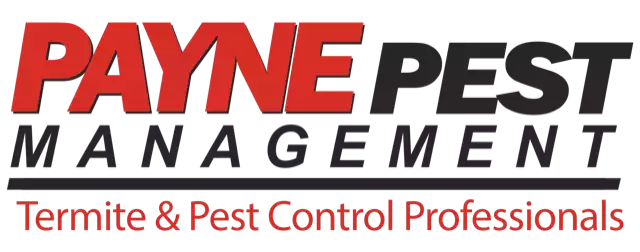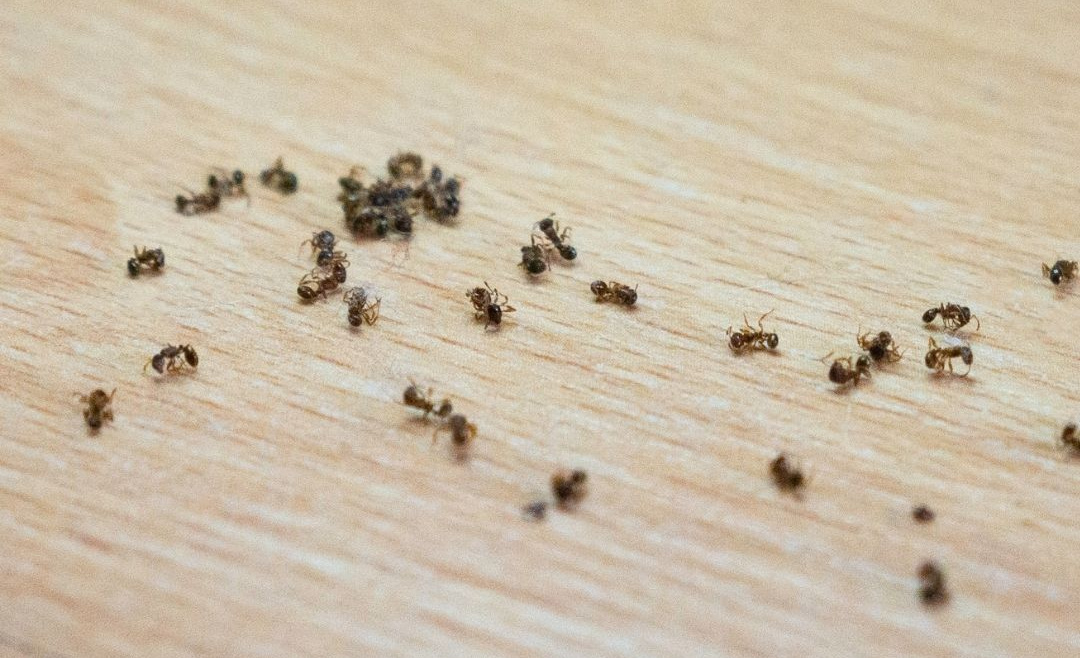Understanding San Diego’s Pest Challenges
San Diego’s warm climate and proximity to water make it an ideal breeding ground for pests. The combination of high temperatures and humidity creates an environment where pests thrive. Additionally, the region’s diverse ecosystems provide ample opportunities for pests to find their way into homes and gardens. Understanding the unique pest challenges in San Diego is crucial for effective pest prevention.
Identifying Common Summer Pests
1. Ants
Ants are a common nuisance in San Diego homes during the summer months. They invade kitchens and pantries in search of food, leaving behind trails and creating unsightly infestations. Common ant species found in San Diego include Argentine ants, odorous house ants, and pavement ants.
2. Spiders
Spiders are another pest commonly encountered in San Diego. While most spiders are harmless, some species like black widows and brown recluses can pose a threat to humans. Keeping spiders at bay is essential for a pest-free home.
3. Cockroaches
Cockroaches are notorious pests that thrive in warm and humid environments. They are carriers of diseases and can contaminate food and surfaces. Common cockroach species in San Diego include German cockroaches and American cockroaches.
4. Mosquitoes
Mosquitoes are not only annoying but also pose health risks due to their ability to transmit diseases such as West Nile virus and Zika virus. Eliminating mosquito breeding sites and using effective repellents are crucial for preventing mosquito bites.
5. Rodents
Rodents, including rats and mice, can cause extensive damage to homes and carry diseases. They seek shelter in warm and cozy spaces, making homes a prime target. Proper rodent prevention measures are necessary to keep them out.
Preventing Pest Infestations
To prevent pests from invading your home, it’s important to implement effective preventive measures. Here are some tips to help you keep pests at bay:
- Seal Entry Points: Inspect your home for any cracks or gaps that pests could use as entry points. Seal them using caulk or weatherstripping to prevent pests from getting inside.
- Install Screens: Install screens on doors and windows to prevent flying insects from entering your home while still allowing for proper ventilation.
- Proper Food Storage: Store food in airtight containers and clean up any spills or crumbs immediately. This will discourage pests, particularly ants and cockroaches, from being attracted to your kitchen.
- Regular Cleaning: Keep your home clean and tidy by regularly vacuuming, sweeping, and mopping. Pay special attention to areas where crumbs and food particles tend to accumulate.
- Declutter Your Space: Pests love cluttered areas as they provide hiding spots and nesting sites. Declutter your home and eliminate unnecessary items to reduce pest habitats.
Maintaining a Clean and Pest-Free Home
Maintaining a clean and pest-free home goes hand in hand with preventive measures. Here are some additional tips to ensure your home remains pest-free:
- Dispose of garbage regularly and ensure trash cans have tight-fitting lids.
- Clean up pet food and water bowls after each meal to prevent attracting ants and other pests.
- Store firewood away from the house to discourage termites and rodents from nesting.
- Trim vegetation and shrubs around the house to minimize hiding places for pests.
- Repair leaky pipes and faucets to eliminate water sources that attract pests.
Protecting Your Outdoor Spaces
Pests don’t just invade the inside of your home; they can also cause problems in your outdoor spaces. Here’s how you can protect your yard and garden from pests:
- Remove standing water to prevent mosquitoes from breeding.
- Regularly inspect outdoor furniture and play structures for spider webs and egg sacs.
- Use outdoor trash bins with tight-fitting lids to deter raccoons and other wildlife.
- Plant pest-resistant flowers and herbs to naturally repel insects.
- Install bird feeders away from the house to avoid attracting rodents.
Utilizing Natural Pest Control Methods
If you prefer to use natural methods to control pests, there are several options available:
- Essential Oils: Certain essential oils, such as peppermint, lavender, and tea tree oil, can repel pests. Dilute the oils with water and spray them in areas where pests are likely to be found.
- Diatomaceous Earth: This natural powder is effective against crawling insects like ants and cockroaches. Sprinkle it in areas where pests are present, but keep it away from pets and children.
- Vinegar: Vinegar is a versatile household ingredient that can help deter pests. Mix equal parts vinegar and water in a spray bottle and use it to wipe down surfaces or spray in areas where pests are a problem.
Professional Pest Control Services
If you’re dealing with a persistent pest problem or want a comprehensive approach to pest prevention, hiring professional pest control services is a wise choice. Pest control professionals have the expertise and resources to effectively identify and eliminate pests from your home. They can also provide ongoing maintenance to ensure long-term pest prevention.
Summer Pest Prevention FAQs
- Q: How often should I inspect my home for pests? A: It’s recommended to inspect your home for pests at least once every season to catch any signs of infestation early.
- Q: Are there any natural remedies to repel mosquitoes? A: Yes, natural remedies like citronella candles, mosquito-repelling plants, and applying lemon eucalyptus oil can help repel mosquitoes.
- Q: What should I do if I find a black widow spider in my home? A: It’s best to contact a professional pest control service to safely remove and handle black widow spiders due to their venomous nature.
- Q: How can I prevent termites from infesting my home? A: Regularly inspecting and maintaining your home’s foundation, removing wood-to-soil contact, and treating wooden structures with termite-resistant products can help prevent termite infestations.
- Q: How long does a professional pest control treatment last? A: The effectiveness of a professional pest control treatment can vary depending on the type of pest and treatment method used. Generally, treatments last several months and may require periodic follow-up visits.
- Q: Can I apply pest control treatments myself? A: While some pest control products are available for purchase, it’s important to read and follow the instructions carefully. For more severe infestations or specialized pest problems, it’s recommended to consult a professional.
With the right knowledge and proactive measures, you can protect your home from summer pests in San Diego. By understanding the common pests in the area, implementing preventive strategies, and considering natural or professional pest control methods, you can enjoy a pest-free summer and maintain a comfortable living environment. Remember to regularly inspect your home, maintain cleanliness, and address any pest problems promptly to ensure a pest-free home throughout the season.







